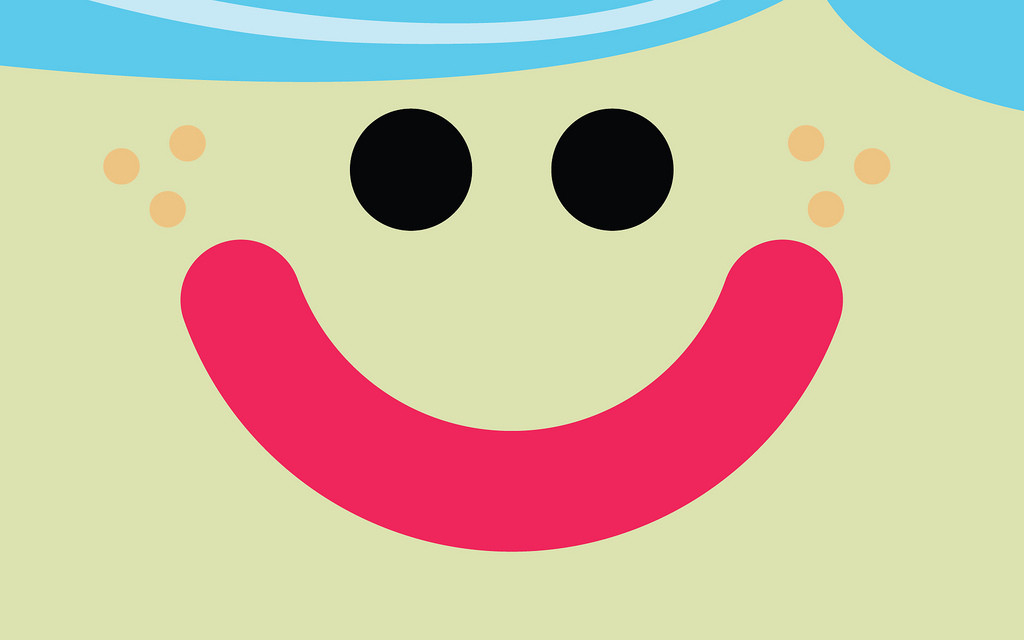There are several strategies to help avoid or mitigate stress at work, such as taking a walk, eating lunch somewhere other than your desk, or getting enough sleep. However, there’s another strategy that many fail to consider—focusing on the positive things that happen to you.
“If someone were to tell you to focus only on the positive experiences in your day, you might be annoyed,” Joyce E. Bono and Theresa M. Glomb wrote in the Harvard Business Review. “People tend to associate Pollyanna-type positivity with inexperienced managers trying to squeeze a little more work out of frontline employees, or with the ‘keep smiling’ wall posters in the call center.”
Bono is the Walter J. Matherly Professor of Management at the Warrington College of Business of the University of Florida, and Glomb is the Toro Company–David M. Lilly Chair of Organizational Behavior in the Carlson School of Management at the University of Minnesota. They led a group of researchers who studied the association between daily events and stress and found that “naturally occurring positive work events and a positive reflection intervention are associated with reduced stress and improved health.”
The study asked participants to spend five to 10 minutes at the end of each day and write about events that had gone well that day and why those events had gone well. After three weeks, study participants’ stress levels and mental and physical complaints declined. Furthermore, when the participants focused on positive events, they had less stress job-related thoughts at home.
“This simple practice — writing about three good things that happened — creates a real shift in what people think about, and can change how they perceive their work lives,” Bono and Glomb wrote. “It can also create a feedback loop that enhances its impact: we believe that people who reflect on good things that happened during the day are more likely to share those things with family and friends. Sharing positive events with others creates connections between people and bonds them with one another, further reducing evening stress. Ultimately, this also improves sleep, which our ongoing research suggests leads to greater alertness and better mood — which in turn leads to more positive things happening the next day.”
(Image: mediamolecule / Creative Commons)

